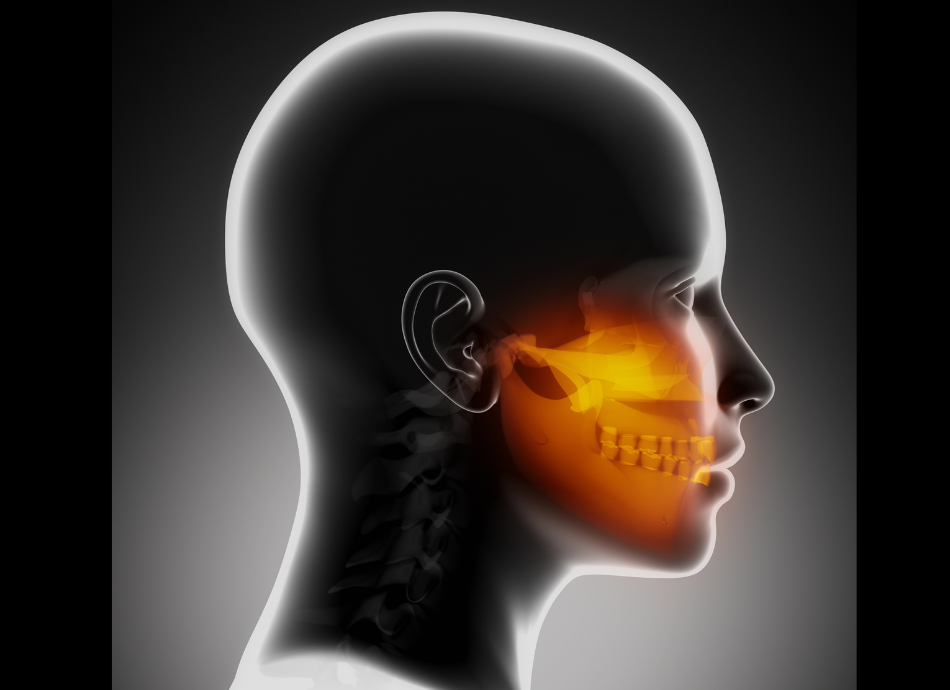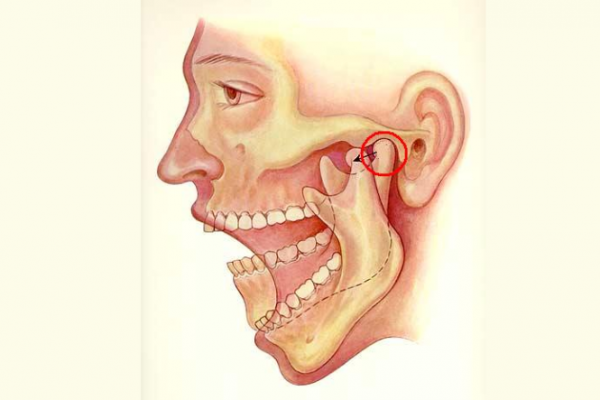If you're a frequent visitor to Healthify, why not share our site with a friend? Don't forget you can also browse Healthify without using your phone data.
Temporomandibular joint (TMJ) disorders
May be referred to as ‘TMJ’, ‘TMJD’ or ‘TMD’
Key points about temporomandibular joint disorders
- The temporomandibular joint (TMJ) is the joint connecting your jaw bone to your skull.
- Problems with this joint can cause pain in the joint and the muscles around it.
- Symptoms can also include earache, hearing loss, noises when the joints move and your teeth not fitting well together.
- TMJ disorders often get better on their own and there are things you can do to manage them but if the symptoms are concerning you, see your healthcare provider.

The symptoms of TMJ disorders include:
- pain in the facial or jaw muscles
- earache, tinnitus or hearing loss
- grating, clicking or popping sounds when your joints move
- a strange or uneven bite – feeling like your teeth don’t fit together well
- your jaw locking open or closed
- headaches
- neck pain.
The image below shows the temporomandibular joint in action as the jaw opens and closes.

Image credit: Barcix Wikimedia Commons
It's not always possible to identify what has caused a TMJ problem. However, some things that can lead to symptoms include:
- a blow/hit to the head or jaw
- tooth grinding or jaw clenching
- dental problems causing poor alignment between top and bottom teeth
- excessive chewing (eg, chewing gum or fingernails).
For many people TMJ disorders get better with self-care. Here are some things you can try to relieve symptoms and prevent them from returning:
- Rest your jaw as much as possible.
- Eat soft foods, like pasta, omelettes or soup.
- Don’t chew gum or bite your nails.
- Avoid extreme jaw movements, eg, yawning, shouting or singing.
- Use stress management techniques to help you relax your jaw muscles.
- Apply warm or cold compresses depending on which feels better.
- Take pain medicines such as ibuprofen or paracetamol.
- Jaw exercises may be helpful.
Apps reviewed by Healthify
You may find it useful to look at some Physiotherapy and exercise apps, Pain management apps, and Mental health and wellbeing apps.
See your healthcare provider if your pain:
- is severe enough to affect your daily life (especially if you’re unable to eat or drink)
- disturbs your sleep
- goes away but keeps coming back.
To get the best treatment, you may need to be referred to different experts, eg, a dentist, physiotherapist, oral surgeon or ear nose and throat (ENT) specialist. Some people may need to have surgery.
The temporomandibular joint (TMJ) patient information(external link) Auckland Oral & Maxillofacial Surgery Group, NZ
Temporomandibular joint (TMJ) disorder(external link) Dr Lance West, Oral & Maxillofacial Surgeon
Specialist surgery TMJ exercises – information for patients(external link) Oxford University Hospital NHS Trust, UK
Dental injury – a guide to ACC and your dental injury(external link) ACC, NZ
Apps
Physiotherapy and exercise apps
Pain management apps
Mental health and wellbeing apps
References
- Temporomandibular disorder (TMD)(external link) NHS, UK, 2020
- TMJ disorders(external link) Mayo Clinic, US, 2018
Credits: Healthify editorial team. Healthify is brought to you by Health Navigator Charitable Trust.
Reviewed by: Claire Salter, Pharmacist, Tauranga
Last reviewed:
Page last updated:





